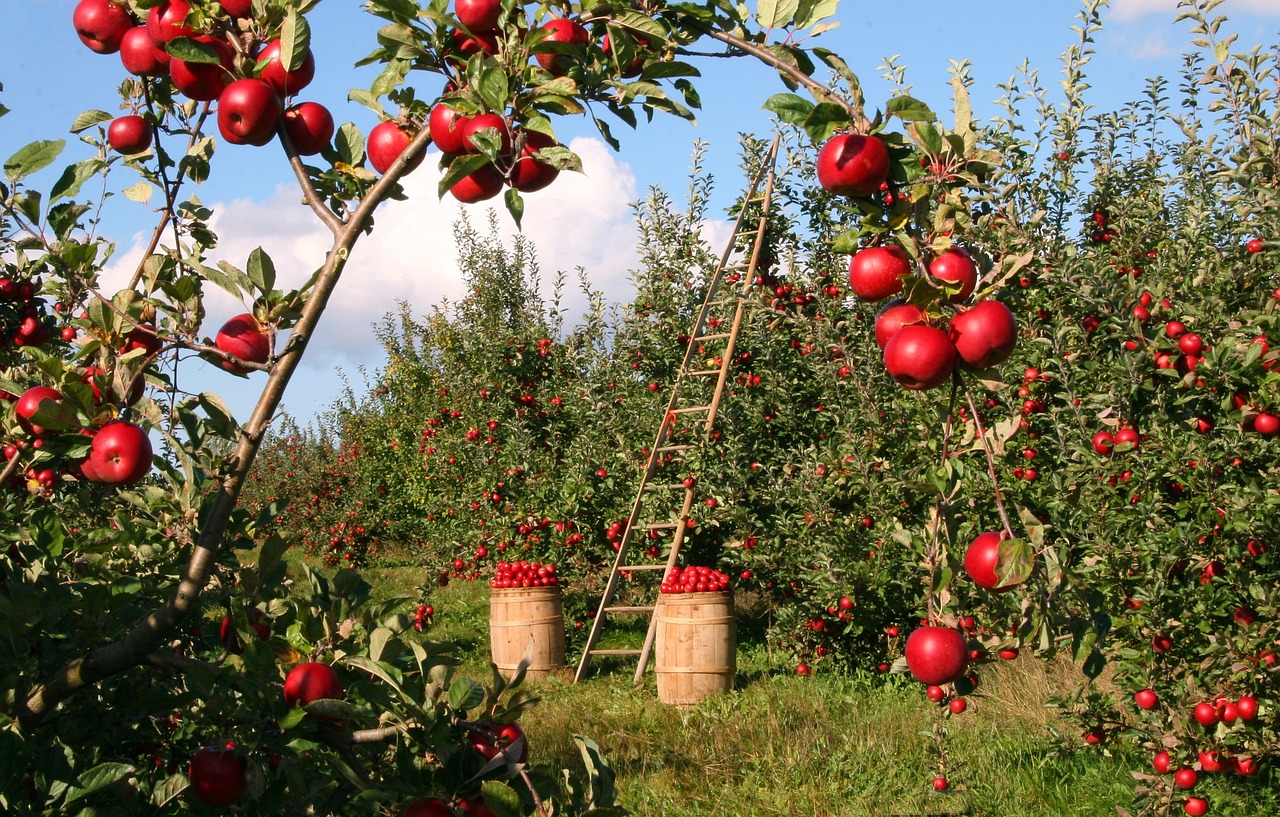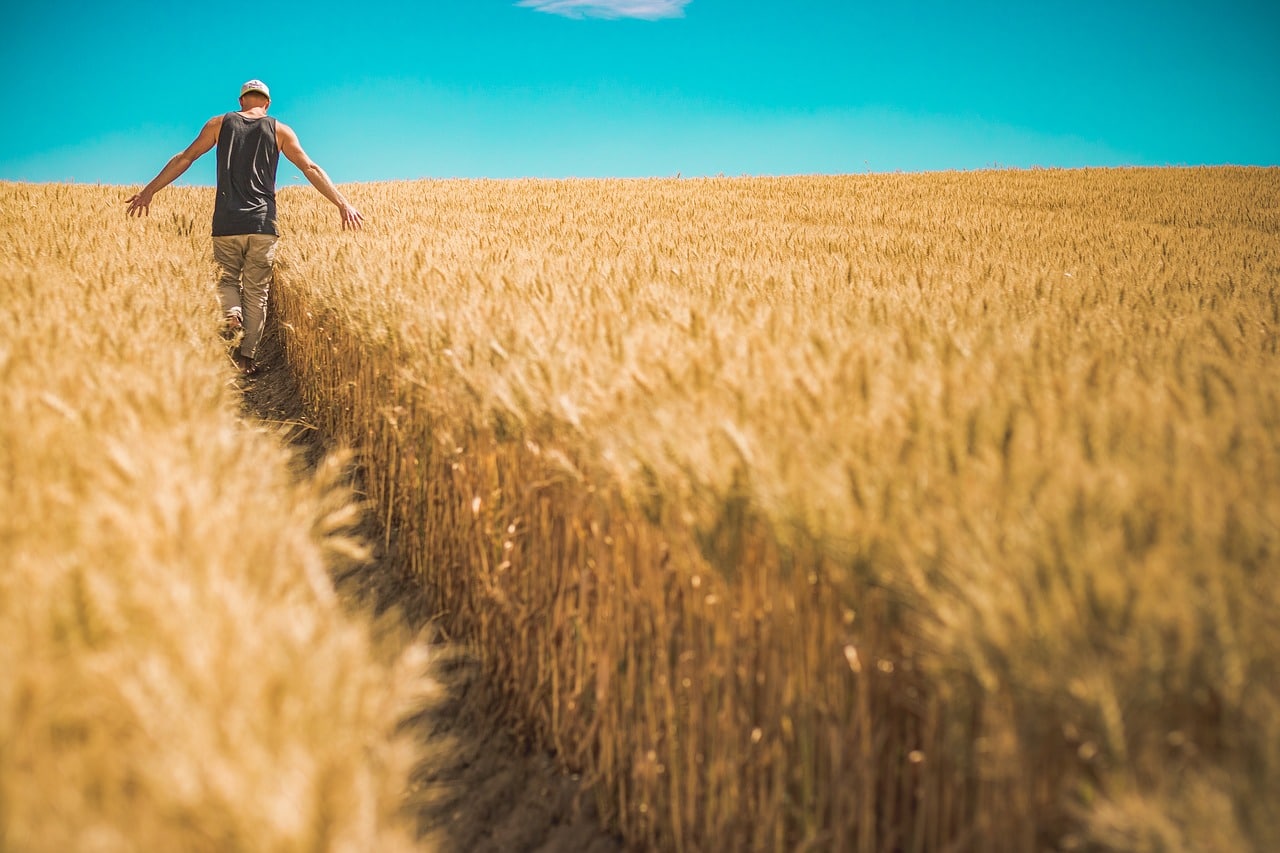Many of us know about sustainable living – from campaigners to green groups – but the question is – how can we live a sustainable life?
You can find many explanations of sustainability, but basically, it means that you can live in a way that meets your need for water, shelter, and food, without harming the environment or limiting the availability of important resources for generations to come. There are many movements at foot that are making this a reality like farming salmon to make sure we always have salmon as a source of sustainable protein or the World Wildlife Foundation, and Greenpeace.
But what about our everyday lives? To live life sustainably, we have to use a smaller amount of the earth’s organic sources, rejuvenate what we all can and create less harming waste.
IMAGE: PIXABAY
Reasons That Why We Need It
Using Fewer Sources
The ability to sustain in some parts of society signifies that you’re not depleting resources. Whether you’re worried about saving forests, using less electricity, or saving water to drink, the environmentally friendly behavior will support most of these healthy resources.
Eradicating Harmful Chemical Substances In Your House
While you start “going green” or finding out how to make more of your own products and solutions at home, you’re reducing the probabilities that harmful chemical substances will be contained in things you and your family use.
Producing Less Waste Materials
When you buy less and make your own products, the less packaging is usually used. Do you notice how businesses go overboard with product packaging? Sustainability encourages you to use the thing you currently have in your stock.
Improving Skills/Knowledge
Living self-sufficiently usually comes with great wisdom. Have you researched about some substances so you could make more healthy foods? Or followed and found a good do-it-yourself guide? Your personal knowledge and skills grow every time you do something in sustainability.
How Can We Live A Sustainable Life?
Join A Community Gardening
It is not only about growing your own foods, joining a community garden helps you to encourage sustainable living in your neighborhood. Garden areas create eco-friendly spaces, and the particular garden waste material can easily be mulched and returned to aid healthy soil. Eco-friendly spaces aren’t just essential for the state of mind; in cities, they can play a vital role in offsetting co2 emissions.
Practice Minimalism
Minimalism doesn’t necessarily mean living without everything; it means that you’re ensuring that every little thing you use and own lies to its maximum purpose. What this means is waste material. Having a minimalist life, you’ll recycle for cash, and become more knowledgeable about the things you have.
Change The Colour Of Lights In The House
By changing the lighting fixtures in your house from conventional bulbs to CFL, skylights and more sunlight, you’ll reduce the demand for electrical power resources appreciably. Lights can change your moods. If you are spending most of your time at home, then this change is important for you. Lights can improve the decisions of life. It has a positive vibe that reflects your mind and body to make changes in life. So, make some tweaks in your house and let the natural light come in.
If you are interested in even more lifestyle-related articles and information from us here at Bit Rebels then we have a lot to choose from.


COMMENTS